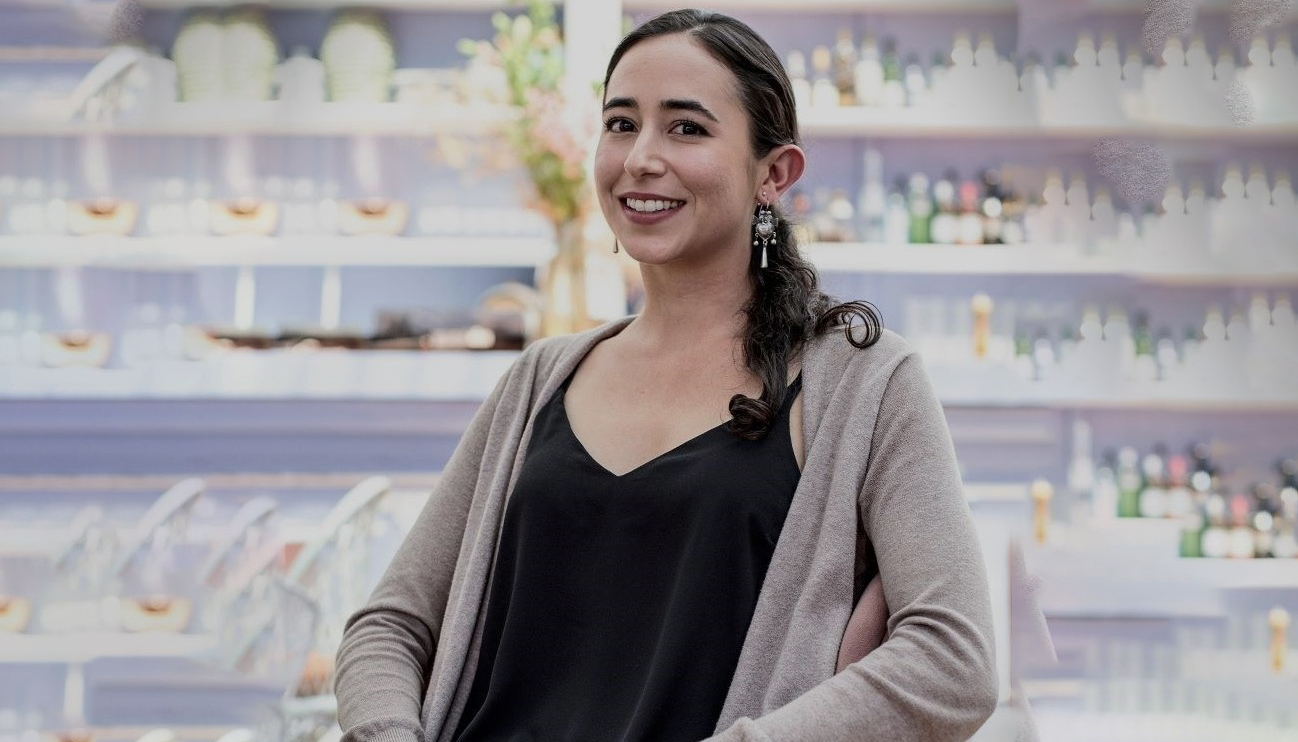
March 17, 2025
Among the sectors most benefiting from advances in artificial intelligence is healthcare. From drug discovery to the optimization of time and resources in the diagnosis of various pathologies, new AI solutions are transforming the sector and the global healthcare AI market is expected to exceed $187 billion dollars by 2030.
In Latin America, this technology could drive a transformation. Since early diagnosis is the key to avoiding serious or irreversible illness, the lack of preventive measures threatens the health of millions of people.
Mexican startup PROSPERiA was founded in 2020 with the mission of creating cutting-edge technological solutions to make healthcare more accessible. In an interview with Contxto, Cristina Campero, CEO of PROSPERiA, highlighted the importance of working in the sector and generating a direct impact on people’s health and quality of life.
Several years after starting her career as a consultant at McKinsey, where she was able to learn about various industries including healthcare, pharmaceuticals and medical devices, Campero decided to start a company with her cousin, Alejandro Noriega, who was finishing his PhD in artificial intelligence at MIT. The two were aligned on creating something primarily to improve access to diagnostics and treatments.
Their main product is currently retinIA, a platform developed to help prevent blindness. The platform is powered by artificial intelligence to perform automatic analysis of retinal images. Thanks to the efficiency of this technology, retinIA can issue personalized and timely recommendations to both patients and physicians.
“We decided to start with diabetic retinopathy because it is particularly a very big problem in Mexico, a country with the highest prevalence of diabetes in the world, and because our healthcare system, the public one, is inefficient, while the private one is very fragmented and expensive,” explained the CEO. “It’s a huge problem that technologically was a good starting point.”
Mexico is one of the countries with the highest prevalence of diabetes in the world, and if not properly controlled can lead to serious complications such as diabetic retinopathy. This condition, which damages the blood vessels of the retina, is one of the main causes of blindness in adults. Early detection can prevent vision loss.
The platform developed by Campero and her team uses artificial intelligence algorithms to analyze retinal images and detect early signs of diabetic retinopathy, glaucoma, cataracts, pathological myopia, macular edema and more. The process is simple: a photo of the retina is taken with a special camera, uploaded to the platform, and algorithms analyze the image to identify potential problems.
“Our goal is to prevent blindness through early detection. We take a picture of the retina, analyze it with artificial intelligence, and if we find anything suspicious we recommend the patient to visit an ophthalmologist for proper diagnosis and treatment,” Campero explains.
Although technology offers promising solutions, innovating in the healthcare sector is not without its challenges. One of the biggest obstacles PROSPERiA faced was the lack of clear regulations in Mexico for medical software.
“When we started there was no clear regulation for medical software in Mexico. That was a problem because we did not have a defined path, but also an advantage because it allowed us to position our solution as a screening tool, not as a definitive diagnosis,” commented Campero.
Improving the accuracy of the algorithms for the Mexican population was another important challenge. “The first algorithm we designed was based on a public database with images of patients from several countries. Although it allowed us to launch an MVP, we knew we needed to improve the accuracy for our population,” she added.
To date, the platform has evaluated more than 95,000 patients, detecting retinal problems in 16,000 of them. These findings have enabled many people to receive early treatment, preventing serious complications and even blindness.
“The most important thing is that we are helping patients who didn’t know they had a problem. If they had not done the study, that lesion could have progressed and caused irreversible vision loss,” Campero emphasizes.
Since its $2M seed investment in 2022 financed by the Swedish fund Cardo Health, focused on healthcare companies, the company has continued to improve its product and expand its operational capabilities.
While currently focused on Mexico, Campero and her team do not rule out opportunities to expand into more Latin American countries and key markets such as the United States. However, they recognize that each market has its own regulations and challenges that must be resolved before making the leap.
“In the United States, regulations are much clearer, but also more demanding. Also, the healthcare system is very different, with a focus on insurance and reimbursement. For now we continue with the objective of consolidating our operation in Mexico,” she explained.
To conclude, Campero shared some valuable reflections for those who wish to enter the medical technology sector: “It is a roller coaster. There are very good moments, but also many challenges. The most important thing is to build a solid network of mentors, investors and other entrepreneurs. Don’t keep quiet about your idea; share it early on to get feedback and support.”